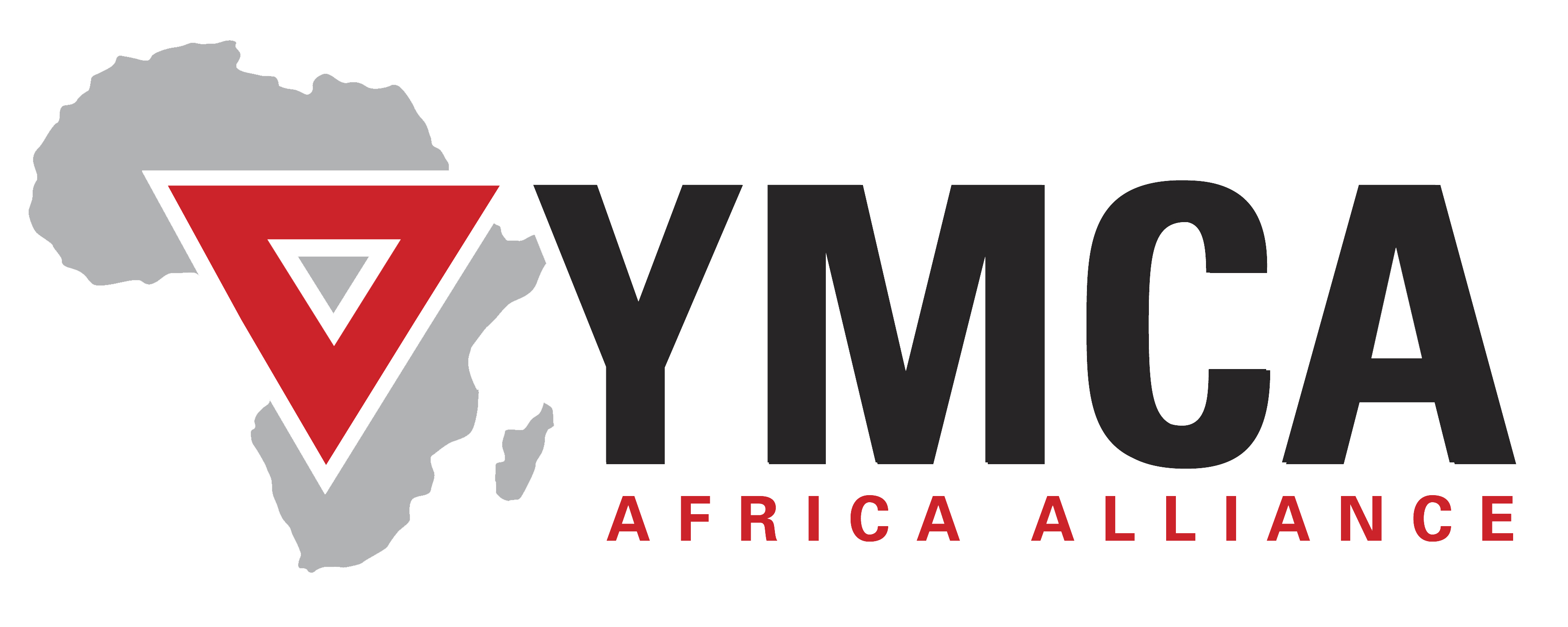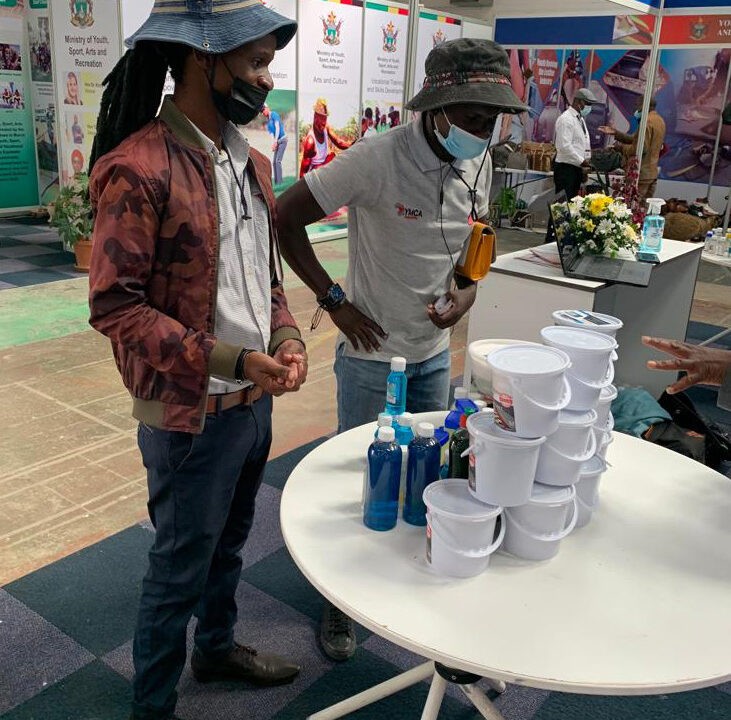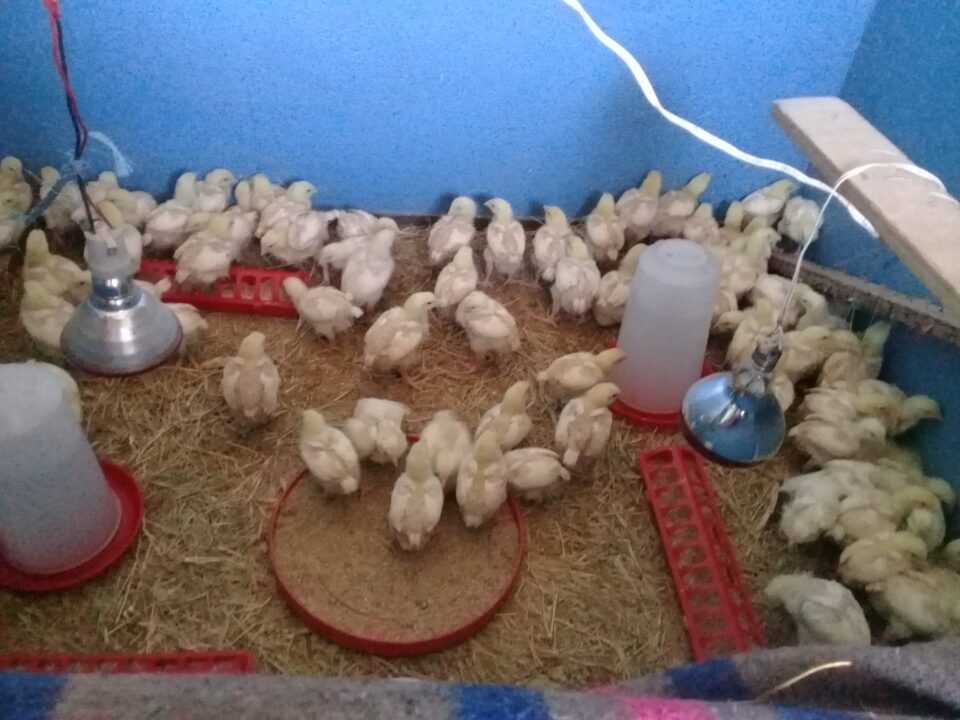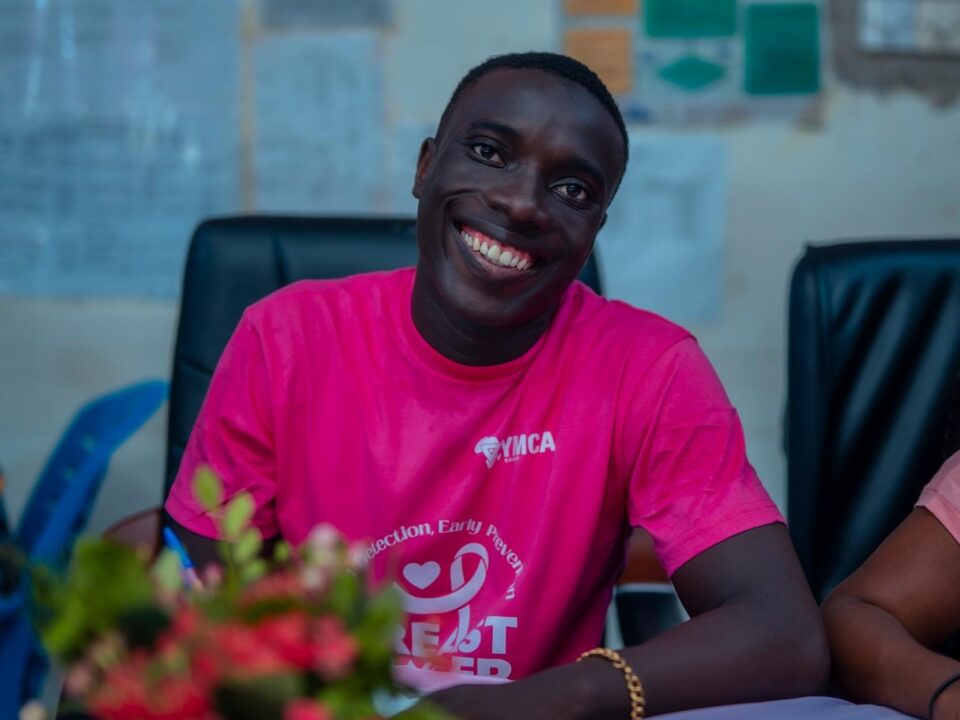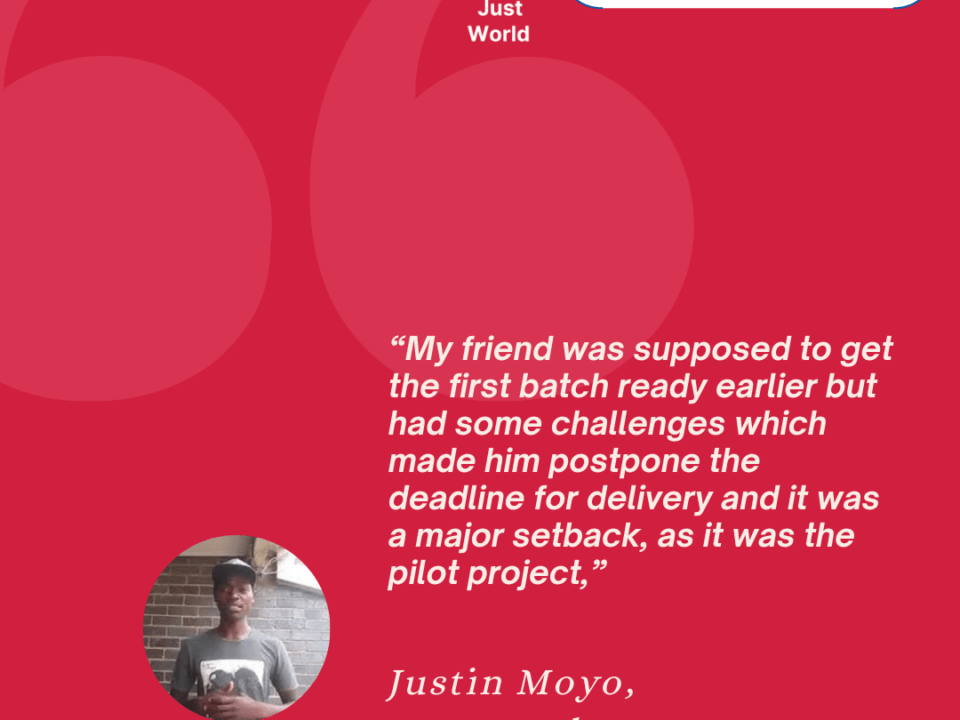"Youth Justice and Power Spaces"
YOUTH JUSTICE


The Youth justice thematic area consists of initiatives that target young people in conflict with the law or at risk of being in conflict with the law (at-risk youth). The YMCA is currently implementing Youth Justice activities in nine African countries namely – Cameroon, Ethiopia, Ghana, Madagascar, Nigeria, South Africa, Senegal, Togo and Zimbabwe. The YMCA targets youth in three main categories: at-risk youth, those already in detention, whether in jail or in prison – whether juvenile incarceration or in adult incarceration centres, and, those coming out of incarceration.
Street connected youth represent a significant high-risk group in terms of conflict with the law in all the countries within which the YMCA works. The YMCAs in Togo and Cameroon are in strategic partnerships that run drop-in centres for street-connected youth in Lomé, Togo and Yaounde, Cameroon that provide counselling, family reunification and drug rehabilitation services. The YMCA in Togo has also been at the forefront of ensuring that youth in conflict with the law have access to health, meaningful leisure and psychosocial support through hygiene and mental health activities as well as bolstering homes and recreational activities. Within Prisons in Togo, the YMCA has established Legal Clubs whose role has been to provide access to youth in incarceration with legal aid and access to justice within reasonable time. Between 2019 and 2022, for example, out of a target of 350 beneficiaries of Legal aid and assistance, Togo YMCA reached 402 beneficiaries. The YMCA also managed to provide psychological support and/or family mediation to 505 youth in detention out of the targeted 250, more than double the target.
In Madagascar, the YMCA has set up PowerSpaces in Moramanga, Manjakandriana, Carion and Ankerana. By end of 2022, 4,112 at-risk youth had attended these PowerSpaces and participated in activities that included song and dance clubs, reading clubs, documentary film screening sessions, language learning (French and English), computer training, culinary arts training, Life skills sessions and sports.
In Zimbabwe, the YMCA carried out a prototype project involving 147 project beneficiaries over the period of 3 years (2021-2023) to prototype new strategies of youth engagement within the Model. Initially, the YMCA trained a small group of youth (ten), six of them from the general community identified through community caseworkers, and four from Percy Ibbotson Hostel - a rehabilitation centre for young offenders. The intervention included specific training - covering topics such as leadership, bookkeeping, and finance, conflict management, negotiation skills, grooming, and etiquette. The training involved the participation of stakeholders including the Ministries of women affairs and of Community Development, and representatives from small and medium enterprises. The prototype led to the initial development of micro enterprises that included floor polish making, small restaurants, poultry farming, selling of clothes and others. After an initial test period, the project expanded to include an additional 60 youth, separated into 3 cohorts. The expansion also included the number of stakeholders to include The Ministry of Youth, Sports, Arts and Recreation, Ministry Women Affairs, Small and Medium Enterprises Development (SMEs), Bulawayo Vendors and Traders Association (BVTA) and Bulawayo City Council (Recreation Department). A key learning from the first iteration of the prototype was that the participants need a stronger focus on resilience building and improving social safety networks around them. For this reason, during the second iteration, the YMCA worked closely with parents/guardians to ensure support for the project. The third iteration of the prototype project was an expansion to include youth in incarceration (specifically those nearing release back to the community) through three rehabilitationcentres in Bulawayo: Luveve Girls Rehabilitation Hostel, Percy Ibbotson Remand Hostel and Bulawayo Prison. The YMCA implemented the PowerSpace methodology to the benefit of young people in the rehabilitation centres to engage the youth through appealing activities, building of self-awareness, building skills and eventually linking them to opportunities that will ensure effective reintegration back to the community.
These youth constituted Cohort 7 of the Prototype and was made up of 26 young men who were trained and eventually were graduated within Bulawayo Prison. The 26 participants went through a four-day training on entrepreneurship and financial literacy and received certificates of attendance. The training was followed by a graduation ceremony at Bulawayo Prison with a number of prison officers attending the graduation
In Ghana, 2912 at risk youth benefitted from Youth Justice interventions, including Sensitization workshops for at risk youth, a new Helpline service , informative short films, and training in life and vocational skills. This was as a direct result of strengthening of YMCA centres with attractive youth-focused programmes. The support has also included return to school support.
The programme has undoubtedly generated significant positive effects at various levels, from learning and development at the YMCAs involved to providing new possibilities in the life of youth who have reunited with their family, learned skills to earn their living or become employable, become parts of networks and gained new acquaintances, found hope, overcome substance abuse, and even become role models or been able to help others who are vulnerable or in difficult situations.
Crucial indicators of the success include the low rate of recidivism among participants, the acknowledgement from stakeholders and duty bearers and the successful examples from the advocacy work in Senegal, where a system has been set in place to allow for alternative sentencing of youths in conflict with the law and in Togo where internal regulations for prisons is implementation in all of the country’s prisons and the duration of actual time spent in preventive custody has been reduced.
Taking into account the very exposed and vulnerable situations that the target groups live in as well as the lack of support systems available, considerable efforts and resources are needed. Yet, the initiative has succeeded in delivering very good results in both an economic and timely way. The engaged and well-trained staff, the holistic approach to Youth Justice and the focus on resilience of individuals are some of the key strategies in attaining these positive effects.

This documentary film produced by UCJG / YMCA-Togo focuses on the living conditions of prisoners, ex-prisoners and youth at risk in Togo.
